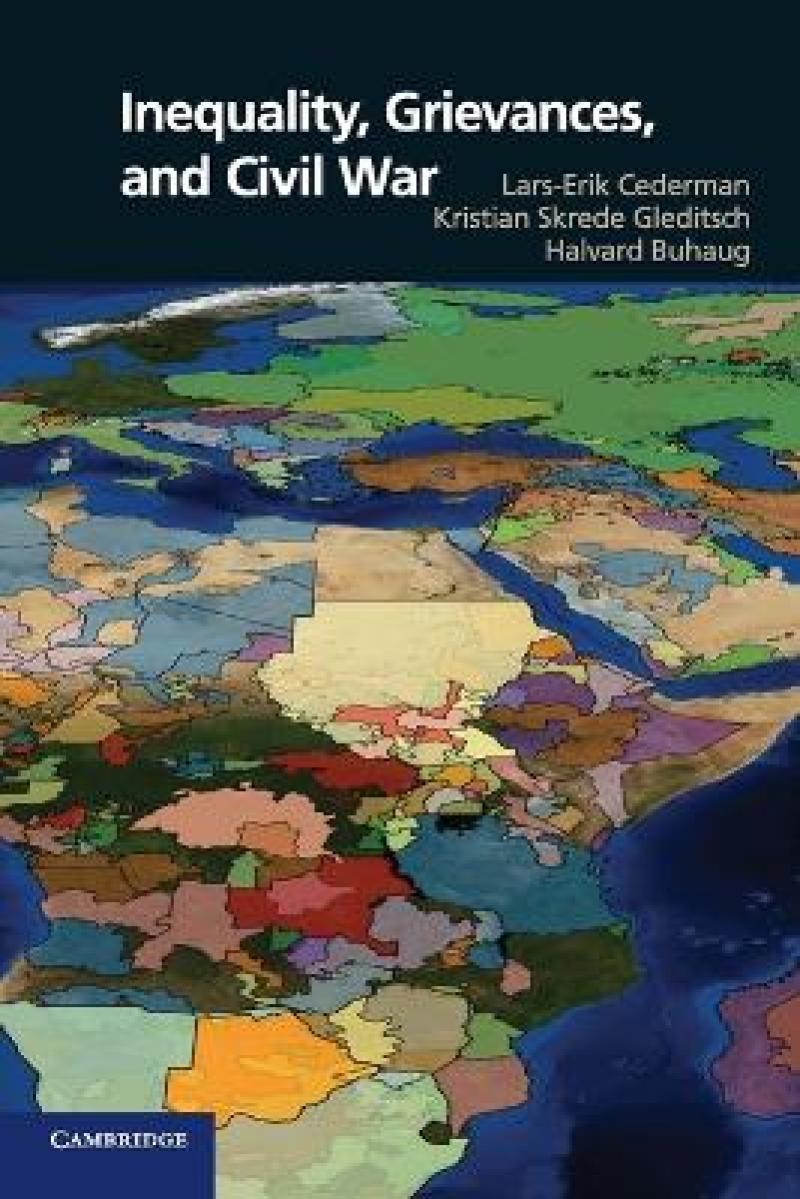This book argues that political and economic inequalities following group lines generate grievances that in turn can motivate civil war. Lars-Erik Cederman, Kristian Skrede Gleditsch, and Halvard Buhaug offer a theoretical approach that highlights ethnonationalism and how the relationship between group identities and inequalities are fundamental for successful mobilization to resort to violence. Although previous research highlighted grievances as a key motivation for political violence, contemporary research on civil war has largely dismissed grievances as irrelevant, emphasizing instead the role of opportunities. This book shows that the alleged non-results for grievances in previous research stemmed primarily from atheoretical measures, typically based on individual data. The authors develop new indicators of political and economic exclusion at the group level, and show that these exert strong effects on the risk of civil war. They provide new analyses of the effects of transnational ethnic links and the duration of civil wars, and extended case discussions illustrating causal mechanisms.
Les mer
1. Introduction; Part I. Theories and Concepts: 2. Inequality and grievances in the civil war literature; 3. From horizontal inequality to civil war via grievances; Part II. Analyzing the Outbreak of Civil War: 4. Political exclusion and civil war; 5. Economic inequality and civil war; 6. Transborder ethnic kin and civil war; 7. Country-level inequalities and civil war; Part III. Beyond Civil War Onset: 8. Political exclusion and the duration and outcomes of civil war; 9. Conclusions for theory and policy.
Les mer
'The role of grievances in insurgency and civil war has had a roller coaster career since the 1970s. Once regarded as prime causes of these conflicts, grievances subsequently were shelved in favor of factors like resources, political opportunities, and state capacity. Inequality, Grievances, and Civil War makes a persuasive case that the literature has thrown the baby out with the bath water. Based on the methodologically sophisticated analysis of comprehensive new cross-national databases, Cederman and his associates reinstate the causal priority of shared grievances in explaining civil war - an achievement that has profound policy implications. A must-read for scholars of civil conflict.' Michael Hechter, Arizona State University and the University of Copenhagen
Les mer
This book argues that political and economic inequalities following group lines generate grievances that in turn can motivate civil war.
Produktdetaljer
ISBN
9781107603042
Publisert
2013-08-26
Utgiver
Vendor
Cambridge University Press
Vekt
390 gr
Høyde
226 mm
Bredde
150 mm
Dybde
23 mm
Aldersnivå
P, 06
Språk
Product language
Engelsk
Format
Product format
Heftet
Antall sider
276
